DREAM Big. DREAM Often.
If you dream esports will be a career, stop dreaming about ‘someday’ and start doing the work required to reach your dreams.
The phrase “teamwork makes the dream work” is a popular saying that emphasizes the importance of collaboration and cooperation in achieving success. It is a widely used phrase and its origin is unclear. The important thing is that the phrase has become a common motto for emphasizing the importance of teamwork in achieving success, not just in sports, but in all aspects of life. This article will apply DREAM for aspiring esports athletes.
D.R.E.A.M. – Dedication, Responsibility, Education, Attitude, and Motivation are the five crucial elements that can take you closer to achieving your dreams, especially in sports and esports. Becoming a professional esports athlete or entering the gaming industry requires a great deal of dedication and hard work. With the right attitude and motivation, however, you can overcome the challenges and climb the ladder of success.
Dedication
Dedication is the foundation upon which every successful career is built. For esports athletes, dedication means investing long hours in training, practicing, and improving their gameplay. Dedication also involves setting specific goals and working tirelessly towards achieving them. Without dedication, your dream of becoming a professional esports athlete may never become a reality.
Esports players who are dedicated to their team often demonstrate their commitment by investing long hours in practice, training, and developing their skills. They also work closely with their teammates to develop effective strategies and gameplay tactics that help them succeed in competitive matches. Here are a few examples of esports players who have shown dedication to their team:
- Faker (SK Telecom T1, League of Legends) – Faker is widely regarded as one of the greatest esports players of all time. He is known for his exceptional skill and dedication to his team, SK Telecom T1. Faker has won numerous titles with his team and is considered a leader both on and off the game.
- Oleksandr “s1mple” Kostyliev (Natus Vincere, Counter-Strike: Global Offensive) – s1mple is known for his incredible skill and dedication to his team. He has often been described as a “team player” who is always looking for ways to help his team succeed. His commitment to his team has helped Natus Vincere win several major tournaments and achieve significant success in the esports industry.
- Ming “Clearlove” Kai (EDward Gaming, League of Legends) – Clearlove is a former professional League of Legends player who was known for his dedication to his team, EDward Gaming. He played a critical role in leading his team to victory in the 2015 LPL Summer Split, where they won their first championship. Clearlove was also known for his ability to work closely with his teammates, developing effective strategies and gameplay tactics that helped EDward Gaming succeed in competitive matches.
Lee “Faker” Sang-hyeok (T1, League of Legends) – Faker, once again, is a prime example of a dedicated esports player. He has been a part of T1 since the beginning of his esports career, and his commitment to the team has helped T1 achieve numerous victories in the esports industry. Faker is known for his exceptional work ethic, his willingness to learn and improve, and his ability to lead his team to victory.
Overall, these players are just a few examples of the many esports players who have demonstrated their dedication to their team. Their commitment and hard work have helped them achieve significant success in the industry and have set the standard for achieving your esports dream and future generations of esports players who aspire to someday go pro.
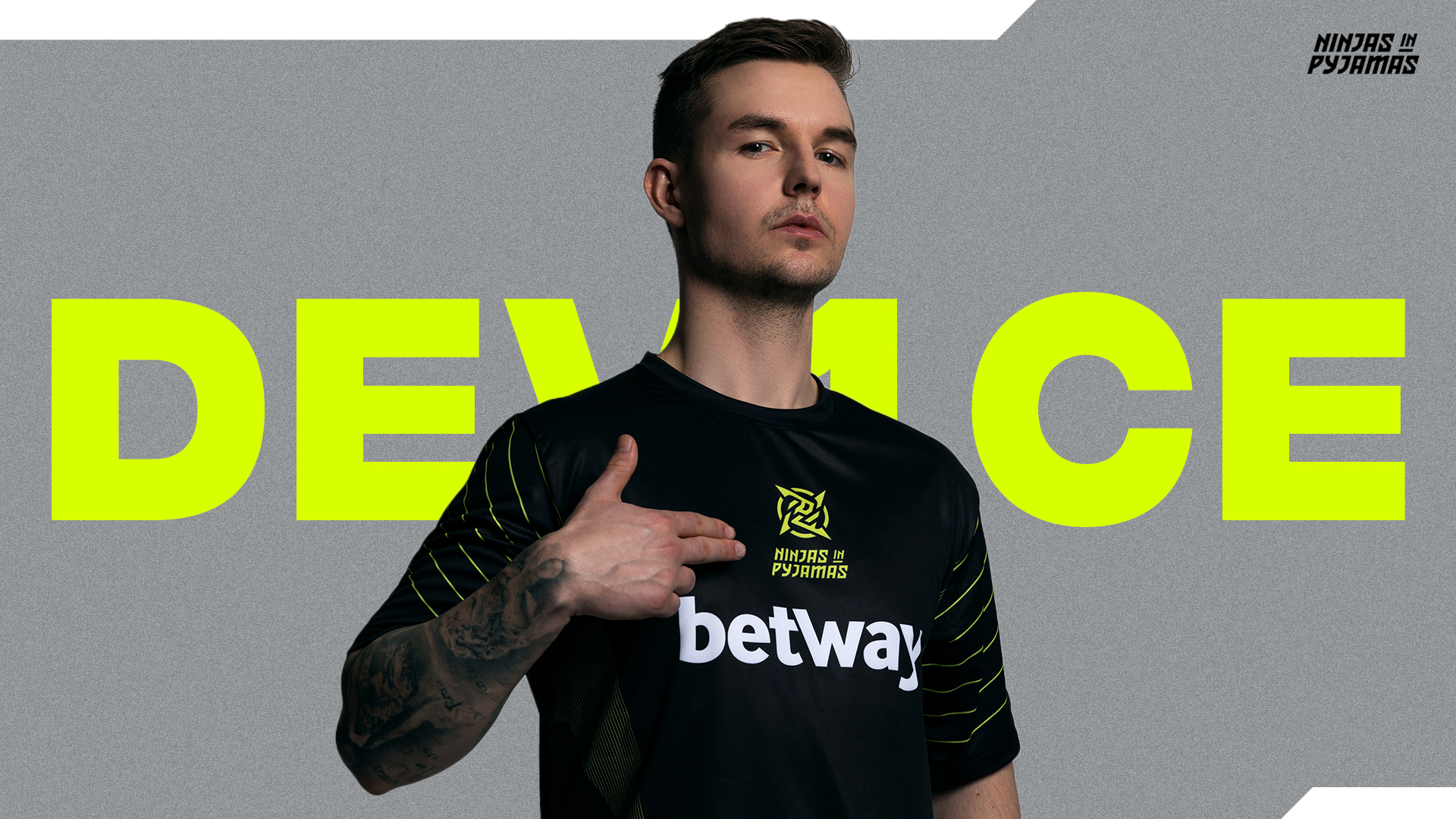
Responsibility
Responsibility is another crucial factor in the pursuit of your esports dream. Responsibility means taking ownership of your actions, decisions, and mistakes. As part of a team, responsibility is vital because your actions can affect the performance of your team as a whole. Being accountable for your mistakes and learning from them can help you improve your gameplay and contribute positively to your team.
Taking responsibility for their actions is an important characteristic of successful esports athletes. When things go wrong, it’s easy to blame others or make excuses, but responsible athlete takes ownership of their mistakes and learns from them. Here are a few examples of esports athletes taking responsibility for their actions:
- Hai “Hai” Du Lam (Cloud9, League of Legends) – In 2014, during a professional match, Hai accidentally misclicked and caused his team to lose a critical game. Rather than making excuses or blaming others, Hai took full responsibility for the mistake and apologized to his team and fans. His humility and accountability earned him respect from the esports community, and he went on to have a successful career.
- Kuro “KuroKy” Salehi Takhasomi (Team Liquid, Dota 2) – In 2019, KuroKy was accused of withholding prize money from his former teammates. Rather than denying the allegations or ignoring them, KuroKy took responsibility for his actions and issued a public apology. He also worked with his former teammates to resolve the issue and ensure that everyone received their rightful share of the prize money.
- Daigo “The Beast” Umehara (Street Fighter) – In a 2004 Street Fighter tournament, Daigo made a controversial decision to use a glitch in the game to defeat his opponent. While some players may have defended their actions, Daigo publicly apologized and vowed never to use the glitch again. He also worked to improve his gameplay and prove that he was a skilled player, rather than relying on exploits.
- Nicolai “dev1ce” Reedtz (Astralis, Counter-Strike: Global Offensive) – In a 2018 match, dev1ce accidentally damaged his own teammate with a grenade, which caused the team to lose a critical round. Rather than deflecting the blame or making excuses, dev1ce immediately apologized to his teammate and took responsibility for his mistake. He also worked with his team to regroup and recover, ultimately winning the match.
Overall, these examples demonstrate that taking responsibility for their actions is an important trait of successful esports athletes. By owning up to their mistakes and learning from them, these players were able to grow and develop into stronger, more resilient competitors.
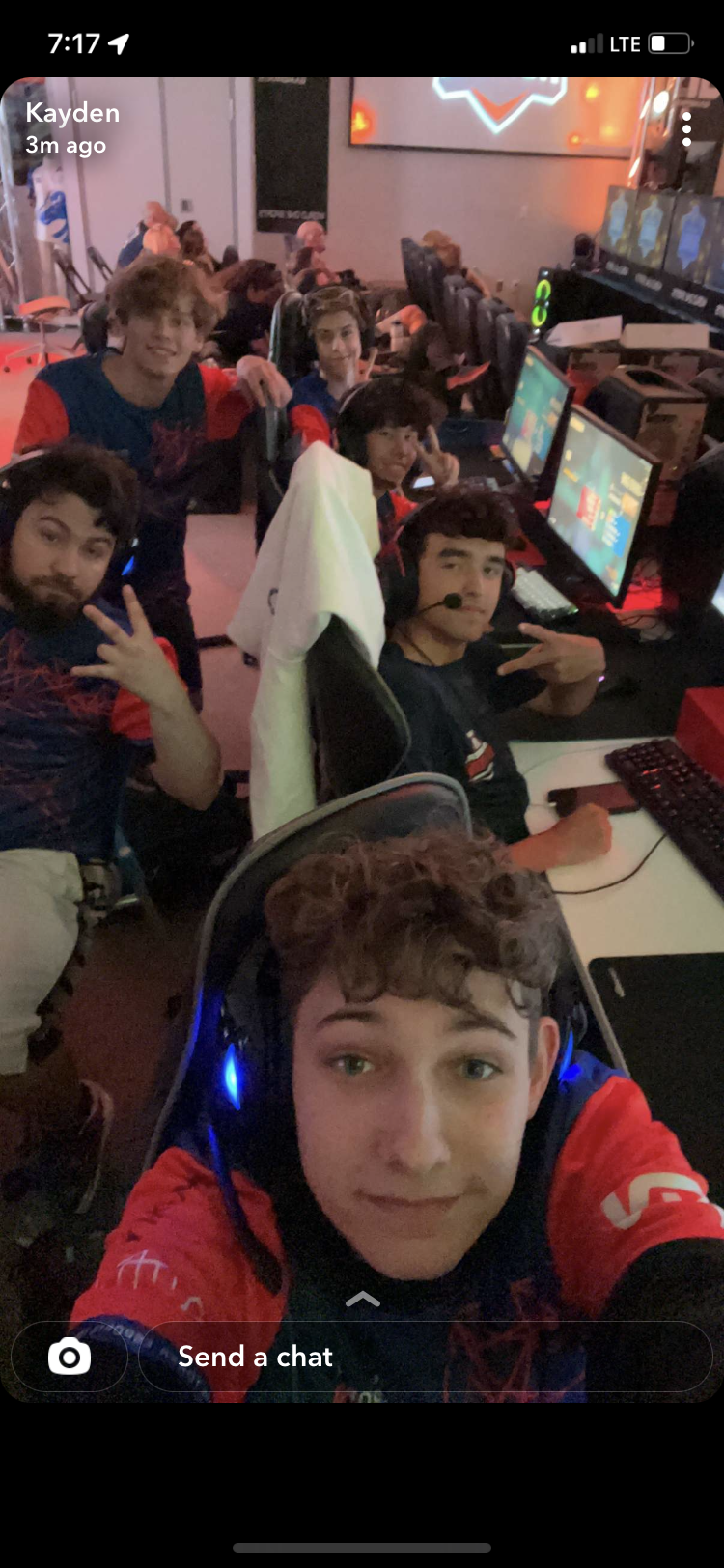
Education
Education is essential in esports because it helps you stay up to date with the latest developments in the industry. Education can come in many forms, including attending workshops, watching tutorials, and reading articles. It is also essential to stay knowledgeable about the various games you are playing, their rules, and their strategies. Investing in your education can give you a competitive edge in the esports industry.
Whether you’re just starting out or you’ve already climbed to achieve Platinum ranks, having an esports coach can help you develop a deeper understanding of the game, strategies, and nuances needed to achieve your true potential.
That’s where Esports Tower has established itself as the premier training program for aspiring esports athletes.
Working with +100 of academic partners who are part of their extensive recruitment network, Esports Tower co-created a curriculum and training regime designed to develop Esports Tower athletes to tower above their peers. Each level of training takes players closer to what colleges and pro scouts are looking for.
From improving people skills, teamwork, collaboration, and conflict resolution. Esports Tower players dominate in game and in life using the tools, tips and techniques that have proven to advance your chances of getting in and staying in for life.
The strongest proof of this performance occurred in the school year 2021-2022 when their players were awarded over $4.5 million in scholarships. It’s important to note that Esports Tower didn’t fund these prize pools. College esports program directors selected these scholarship recipients based on their skills and academic abilities.
The Esports Tower Approach to training balances screen time while accelerating athletes skills throu intensive training helping to ensure athletes accelerate through gaming ranks while keeping their grades a priority along with their health and need for hydration, sleep and exercise.
Attitude
Attitude is everything in esports. If you dream esports will be something you do every day, then your attitude can determine your success or failure in the industry. A positive attitude can help you overcome challenges, stay motivated, and work well with your team. On the other hand, a negative attitude can hold you back and make it challenging to achieve your goals. A good attitude involves being open to learning, accepting constructive criticism, and being a team player.
A positive attitude is an essential characteristic for any successful athlete, including those in esports. A positive attitude not only helps players overcome setbacks and challenges, but it also boosts team morale and helps foster a healthy and supportive team environment. Here are a few examples of esports athletes who have helped their teams because of their positive attitude:
- Gabriel “FalleN” Toledo (MIBR, Counter-Strike: Global Offensive) – FalleN is known for his positive attitude and leadership skills. He is a charismatic and motivational figure who often helps boost team morale during difficult matches. FalleN’s positive attitude has been credited with helping MIBR win several major tournaments and establish themselves as one of the top teams in the esports industry.
- Faker (T1, League of Legends) – Faker is known for his humble and positive attitude, despite being one of the most successful esports players of all time. He is a team player who works closely with his teammates to develop strategies and tactics that help them succeed. Faker’s positive attitude has helped T1 win numerous titles and establish themselves as one of the most dominant teams in the League of Legends esports scene.
- Kuro “KuroKy” Salehi Takhasomi (Team Liquid, Dota 2) – KuroKy is known for his positive and optimistic attitude, even in the face of adversity. He is a team leader who helps keep his teammates motivated and focused during difficult matches. KuroKy’s positive attitude has been credited with helping Team Liquid win several major Dota 2 tournaments, including The International 2017.
- Johan “N0tail” Sundstein (OG, Dota 2) – N0tail is known for his infectious positive attitude and his ability to keep his teammates motivated and focused. He is a team captain who leads by example and is always looking for ways to improve his own gameplay and that of his team. N0tail’s positive attitude has helped OG win several major Dota 2 tournaments, including The International 2018 and 2019.
Overall, these examples demonstrate that a positive attitude is a critical component of success in esports. By staying optimistic and motivated, these players were able to help their teams overcome challenges and achieve significant success in the esports industry.
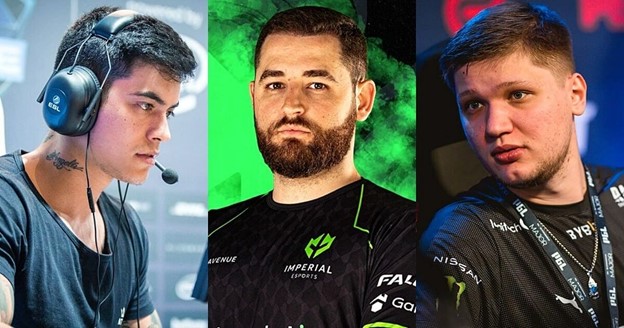
FalleN, S1mple, Fnx Feature in Top 10 Most Popular Esports Players on Twitter in 2022.
Motivation
Finally, motivation is the driving force behind every successful esports athlete as they achieved their esports dream. Motivation can come from various sources, such as a desire to win, a love for the game, or the desire to make a living from esports. Whatever your source of motivation may be, it is essential to keep it alive and burning. Staying motivated can help you overcome the challenges and setbacks that come with pursuing an esports career.
Finding motivation is an important aspect of being a successful esports athlete. It can be challenging to maintain motivation, especially when faced with setbacks and challenges. However, there are several strategies that esports athletes use to stay motivated and focused. Here are some ways that esports athletes find motivation:
- Setting goals – Setting goals is a great way to stay motivated and focused. Esports athletes often set both short-term and long-term goals, which provide a clear path to success and help them stay motivated along the way.
- Developing a routine – Developing a consistent routine is important for maintaining motivation. Esports athletes often have a strict schedule that includes practice, exercise, and downtime. By sticking to a routine, athletes can stay focused and motivated.
- Surrounding themselves with positive influences – Surrounding oneself with positive influences, such as supportive teammates and coaches, can help keep motivation levels high. Positive feedback and encouragement can help athletes stay motivated during difficult times.
- Seeking inspiration from others – Many esports athletes find inspiration from other successful players or teams. Watching professional matches or reading about the success of other players can help motivate athletes and inspire them to work harder.
- Embracing challenges – Finally, many esports athletes find motivation by embracing challenges and setbacks. Rather than becoming discouraged, athletes can use these obstacles as an opportunity to learn and grow, which can ultimately lead to greater success in the future.
Overall, finding motivation is an important aspect of being a successful esports athlete. By setting goals, developing a routine, surrounding themselves with positive influences, seeking inspiration from others, and embracing challenges, athletes can stay motivated and achieve their goals in the highly competitive esports industry.
Conclusion
In conclusion, the D.R.E.A.M. acronym is an essential guide for anyone looking to pursue a career in esports or sports in general. Dedication, Responsibility, Education, Attitude, and Motivation are all critical elements that can help you achieve your goals. By adopting these principles, you can develop the necessary skills, attitude, and mindset to become a successful esports athlete or thrive in the gaming industry.
Esports Tower player THEBIGDREAM achieved one of his –playing in the Esports Tower Summer Invitational event. Over 10,000 were eligible, but only 56 were selected to play.
After the event ended and the film crews left, the dream remained. If you’d like to watch his and other players’ journey to chase their dreams, watch ESPORTS IRL, the first television show that goes behind the scenes of what spring amateur athletes go through to chase their dreams and play on the main stage.

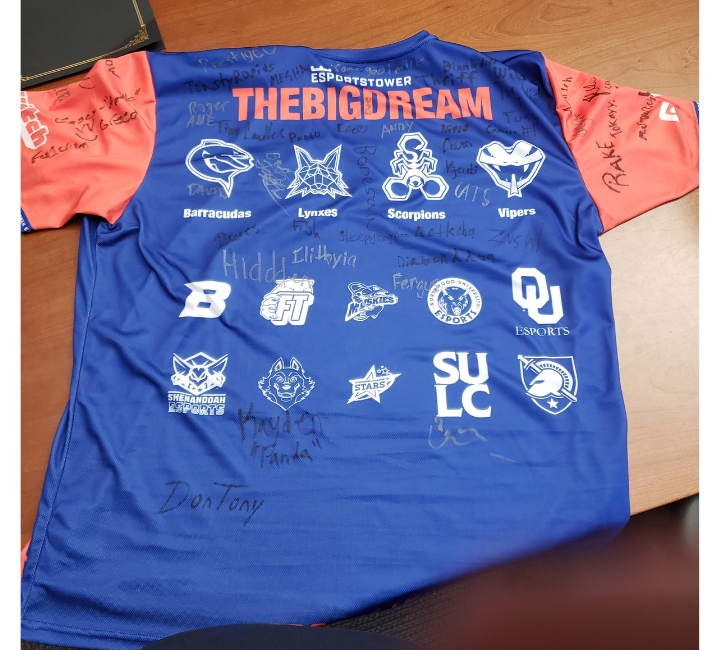
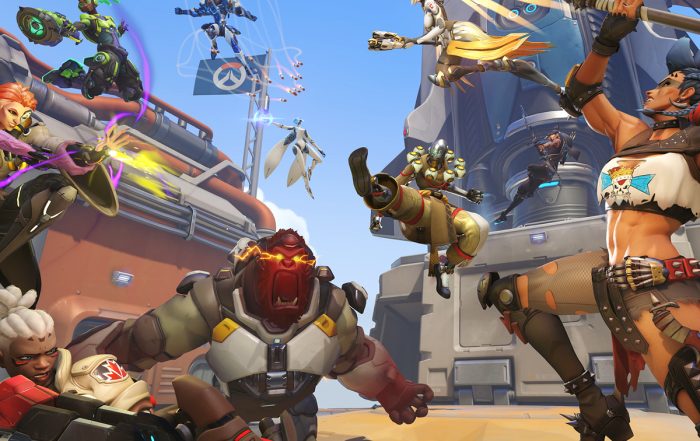
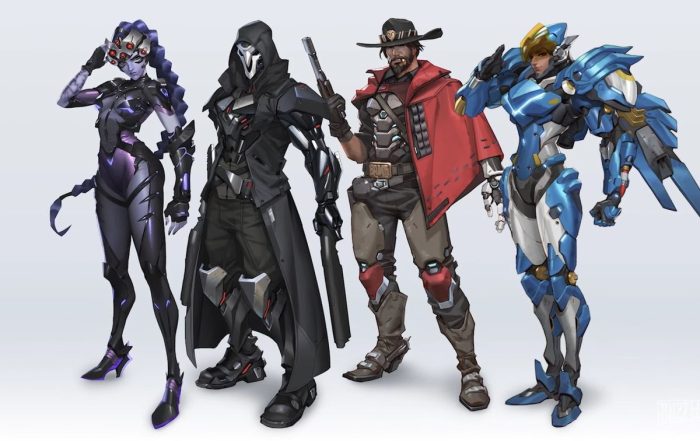
Get Social